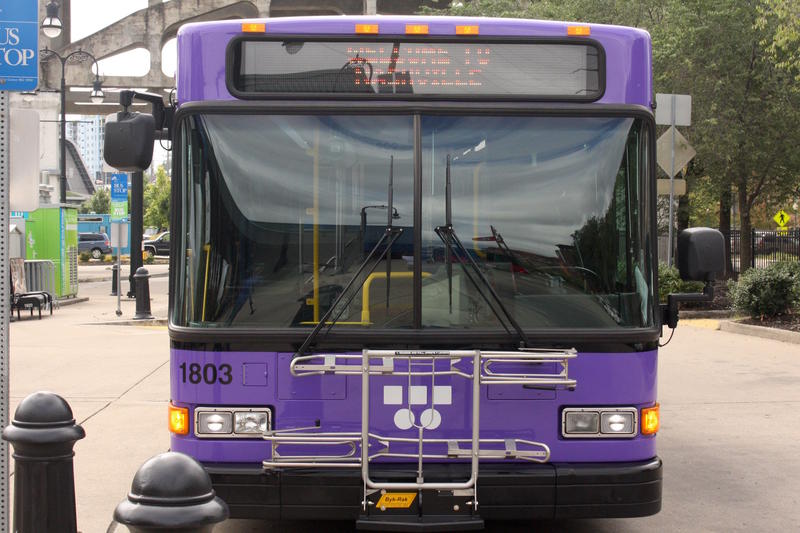
In Metro Nashville’s new 348-page transportation plan, Mayor John Cooper and his top advisors detail a vision for a system overhaul that puts improvements within reach of over 90% of the population.
The “Metro Nashville Transportation plan” is mostly a snowball of old plans like NashvilleNext, WalknBike, Plan to Play and nMotion. The new parts buckle down on expanding and increasing the efficiency of the current bus system. It also proposes a “show not tell” approach before asking residents to pitch in tax dollars.
The Metro Council has pushed the plan forward but councilmembers still have lingering questions and concerns. Here are digestible highlights from the sprawling document.
Mayor wishlist
The transportation plan says it wants to connect Nashvillians to jobs, health care, education and social activities. For decades, the city’s culture and investment has been built around people getting around in their cars, and mostly alone. But now connection, walkability and access to more options is what Metro is prioritizing, knowing that more baby boomers, millennials and Gen Z are interested in options other than cars.
Busing throughout Nashville
The plan seeks extended bus hours for the nine busiest routes, running from 4:15 a.m. and 1:15 a.m. on weekdays, 5:15 a.m. to 1:15 a.m. on Saturdays and 5:15 a.m. to 11:15 p.m. on Sundays.
Routes like Hillsboro, Dickerson Pike and Murfreesboro Pike serve 70% of riders. The goal is for these buses to run at least every 20 minutes during the week.
The plan also talks about new and improved crosstown routes that avoid downtown.
Cooper is also thinking about people who can’t afford passes that would help them save money. So he’s proposing a bus pass system that keeps up with how often you ride to help you save money.
Changes to neighborhoods and the downtown flow
The plan calls for up to 10 neighborhood transit centers that people could use to get on buses going across town. These would include temperature-controlled waiting areas, Wi-Fi and vending machines that go well beyond standard bus shelters.
Beyond that, these centers would be an A-to-Z hub of mobility, with bikeshare, scooters, carshare, private shuttles and pedestrian connections to surrounding neighborhoods.
Having neighborhood transit centers would save people from having to travel all the way downtown and reduce traffic there.
Cooper’s administration is already thinking a bus from Wedgewood would go to a new North Nashville transit center, and riders would have access to Bordeaux, Midtown and a few other areas.
Funding still at the idea stage
Cooper’s administration plans to apply for state and federal grants in the new year. They’re hopeful that President-elect Joe Biden’s campaign promise of building infrastructure will allow Nashville to get in on some of the federal money.
Cooper doesn’t plan to ask residents for tax money until they can physically see that promises are being kept.
But some city councilmembers are skeptical that Nashville can be competitive nationally if it’s not putting up some of its own money.
A member of Cooper’s team told council that some grants could require dollar matching. In that scenario, council would vote to put the money up or decline.
It is a challenging time to pitch an expanded plan since half of WeGo’s bus ridership has dropped during the pandemic and other cities with existing systems, like Washington D.C., are thinking of reducing service.

